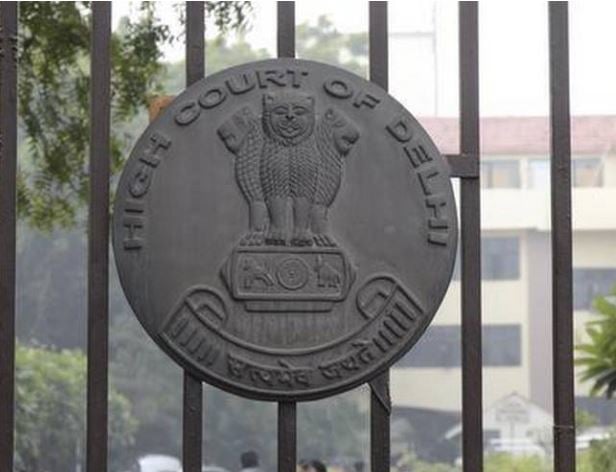The Delhi High Court held that the virginity test conducted on a female accused who is under the judicial or police custody .
A single-judge bench of Justice Swarana Kanta Sharma said that the virginity test conducted on Sister Sephy, who was been convicted for the murder of Sister Abhaya in Kerala in the year 1992 was not in the spirit of constitution.
The bench added that the whatever be the case the basic dignity of a person in custody should always be upheld.
Now that the criminal case is over, the Justice Sharma further granted liberty to Sister Sephy to seek compensation for violation of her human rights .
As CBI was taking an objection over the issue of territorial jurisdiction, Justice Sharma said that due to the presence of NHRC in Delhi, part of the cause of action has arisen in Delhi.
On 27 March 1992,the body of Sister Abhaya was found in the well of the St Pius Convent in Kottayam,where she was an inmate of the convent.
The case was initially been investigated by the local police and state crime branch, which held that Abhaya had committed suicide.
Later on, when the case was taken over by the CBI on March 29, 1993, following a legal battle by human rights activist Jomon Puthenpurackal,it arrested Father Thomas Kottor in 2003.
Along with Father Jose, Poothirikal,sister Sephy were also arrested on the charge of murder.
CBI in its 2009 chargesheet, said that Abhaya was killed after she found Kottoor, Puthrikkayil and Sephy in a compromising position inside the kitchen of the Pius X Convent hostel in Kottayam.
The Fear of being publicly humiliated incase the matter was disclosed Kottoor allegedly strangled her while Sephy allegedly hit her with an axe. Together, they allegedly dumped Abhaya’s body in a well within the compound.
A CBI court on December 2020,sentenced the duo to life imprisonment after a prolonged legal battle. They were charged under Section 302 (murder) and Section 201 (destruction of evidence) of the Indian Penal Code (IPC). The trial court had allowed the discharge petition of another alleged accused, Father Jose Puthrikkayil.
On June 23 last year, a division bench of Justices Vinod Chandran and C Jayachandran of the Kerala High Court in an interim order, suspended the life imprisonment sentence and granted bail to the convicts till the disposal of their petition challenging the verdict of the trial court.


